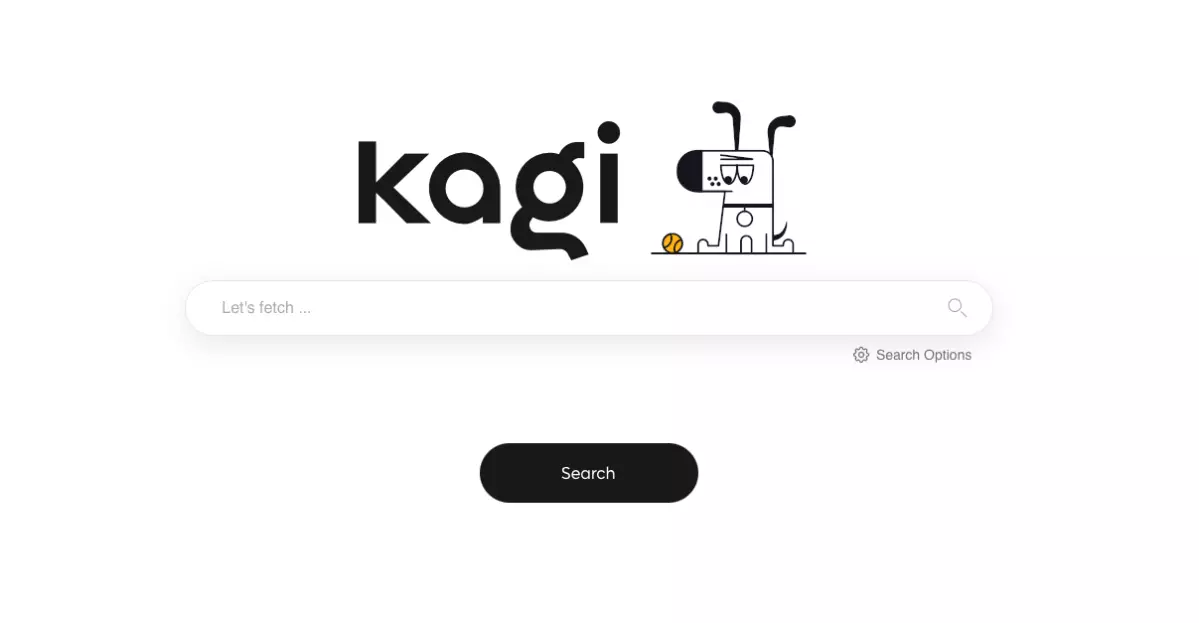In an ever-evolving landscape dominated by tech giants like Google, alternatives continue to emerge, vying for user attention and loyalty. One such contender, Kagi, has recently caught the spotlight with its unique billing strategy aimed at enhancing user experience while offering a more privacy-conscious search solution. By introducing a “Fair Pricing” model, Kagi is not only challenging the conventional revenue models prevalent among search engines but also embracing a philosophy that prioritizes the needs and financial considerations of its users.
In a recent announcement, Kagi revealed a novel approach: users will receive account credits if they fail to utilize the service during their billing cycle. This means that if subscribers forget to log in or simply don’t require their searches in a month, Kagi will credit them for that period in the following month. This strategy is built upon a fundamental understanding of consumer behavior and aims to create a more supportive atmosphere for users who may not use the service consistently. The company’s statement underscores its commitment to customer care: “We have implemented this for the simple reason of being kind to our users.” With these measures, Kagi is setting a precedent for how subscription services might adapt to foster user loyalty.
Unlike many competitors that are utilizing cutting-edge artificial intelligence to redefine the search experience, Kagi maintains a more straightforward approach, focusing on delivering simple, direct search results. This positions Kagi alongside other privacy-centric search engines like DuckDuckGo, which similarly refrain from tracking user activity or monetizing personal data. Kagi distinguishes itself further by labeling personal information as an “unwelcome liability,” highlighting its commitment to a model free from the data exploitation often criticized in the tech industry. By prioritizing user privacy, Kagi appeals to a growing demographic of internet users who are becoming increasingly wary of how their data is managed.
Another noteworthy feature of Kagi is its unique “lenses” system, which allows users to refine their searches across specific types of content, such as forums or academic resources. This customizable functionality goes beyond standard search operations and empowers users to tailor their experience to meet their particular needs. Whether constructing a lens for niche interests or academic research, users can navigate the complexities of the internet more effectively. This level of integration isn’t commonly found in traditional search engines and underscores Kagi’s pursuit of enhancing user control and relevance in search results.
As a paid alternative to mainstream search engines, Kagi is carving its niche through innovative user-friendly features and a steadfast commitment to privacy. Its Fair Pricing model not only alleviates the burden of unused subscriptions but also fosters greater goodwill between the service and its users. As competition heats up in the search engine arena, Kagi’s strategic focus on user experience may very well define the future of how search services operate, encouraging other companies to reconsider their approaches to both pricing and privacy.


Leave a Reply